Scarcity and Choice
Scarcity means that people want more than is available. Scarcity limits us both as individuals and as a society. As individuals, limited income (and time and ability) keep us from doing and having all that we might like. As a society, limited resources (such as manpower, machinery, and natural resources) fix a maximum on the amount of goods and services that can be produced.
Scarcity requires choice. People must choose which of their desires they will satisfy and which they will leave unsatisfied. When we, either as individuals or as a society, choose more of something, scarcity forces us to take less of something else. Economics is sometimes called the study of scarcity because economic activity would not exist if scarcity did not force people to make choices.
When there is scarcity and choice, there are costs. The cost of any choice is the option or options that a person gives up. For example, if you gave up the option of playing a computer game to read this text, the cost of reading this text is the enjoyment you would have received playing the game. Most of economics is based on the simple idea that people make choices by comparing the benefits of option A with the benefits of option B (and all other options that are available) and choosing the one with the highest benefit. Alternatively, one can view the cost of choosing option A as the sacrifice involved in rejecting option B, and then say that one chooses option A when the benefits of A outweigh the costs of choosing A (which are the benefits one loses when one rejects option B).
The widespread use of definitions emphasizing choice and scarcity shows that economists believe that these definitions focus on a central and basic part of the subject. This emphasis on choice represents a relatively recent insight into what economics is all about; the notion of choice is not stressed in older definitions of economics. Sometimes, this insight yields rather clever definitions, as in James Buchanan's observation that an economist is one who disagrees with the statement that whatever is worth doing is worth doing well. What Buchanan is noting is that time is scarce because it is limited and there are many things one can do with one's time. If one wants to do all things well, one must devote considerable time to each, and thus must sacrifice other things one could do. Sometimes, it is wise to choose to do some things poorly so that one has more time for other things.
Economic shortage is a term describing a disparity between the amount demanded for a Product or Service and the amount supplied in a Market. Specifically, a shortage occurs when there is excess demand; therefore, it is the opposite of a surplus.
Economic shortages are related to price—when the price of an item is "too low," there will be a shortage. In most cases, a shortage will compel firms to increase the price of a product until it reaches market equilibrium. Sometimes, however, external forces cause more permanent shortages—in other words, there is something preventing prices from rising or otherwise keeping supply and demand unbalanced.
In common use, the term "shortage" may refer to a situation where most people are unable to find a desired good at an affordable price. In the economic use of "shortage", however, the affordability of a good for the majority of people is not an issue: If people wish to have a certain good but cannot afford to pay the market price, their wish is not counted as part of demand.
Effects
In the case of government intervention in the market, there is always a trade-off, with positive and negative effects. For example, a price ceiling may cause a shortage, but it will also enable a certain portion of the population to purchase a product that they couldn't afford at market costs. Economic shortages are generally seen as undesirable since they lead to economic inefficiency. In absence of a price mechanism, resources are less likely to be distributed according to people's utility. Higher transaction costs and opportunity costs (e.g., in the form of lost time) also mean that the distribution process is wasteful. Both of these factors contribute to a decrease in aggregate wealth.
More generally, regardless of their cause, shortages may result in:
- Black Markets- illegal markets in which products that are unavailable in conventional markets are sold, or in which products with excess demand are sold at higher prices than in the conventional market.
- Artificial controls on demand, such as rationing.
- Non-monetary bargaining methods, such as time (for example Waiting in lines nepotism, or even violence.
- Price discrimination
- The inability to purchase a product.
ECONOMIC SYSTEMS
Basic Problems of an Economy
Every economic system has to faces following four basic problems.
1. What to produce…………. What goods and services should be produced in
the economy.
2. How much to produce….. What quantity of various goods and services should
be produced
3. How to produce……What method of production should be adopted for producing
these goods and services.
4. For whom to produce…. This problem is related to distribution and final
consumption of national income.
How these basic economic problems are solved in different economies helps us to understand three different economic systems.
(1) Centrally Controlled Economy
An economic system in which all the basic problems of economy i.e. what, how much, how and for whom are solved by the government through planning is called centrally controlled economy or planned economy or communism.
Features of Planned Economy
1. All factors of production are owned by state.
2. All economic problems are solved by planning and growth of economy depends
upon accuracy of planning and implementation of plans.
3. There is no role of price mechanism.
4. There is no profit incentive and private ownership.
5. There is no concept of unemployment and govt. is responsible for providing
employment to every body who is able to work.
(2) The Market Economy
An economic system in which all the basic problems of economy i.e. what, how much, how and for whom are solved freely by demand and supply and all the factors of production are owned by individuals, such an economic system is called market economy or capitalism.
Features of Market Economy
1. All factors of production are in private ownership
2. All economic problems are solved by demand and supply (The determination of
prices by demand and supply is called the price mechanism)
3. Prices are important and guiding factor in market economy.
4. Profit is the incentive behind all production decisions
5. Unemployment and trade cycles are common phenomenon in capitalistic
economy.
6. Consumer’s choice and preference is very important in capitalism.

